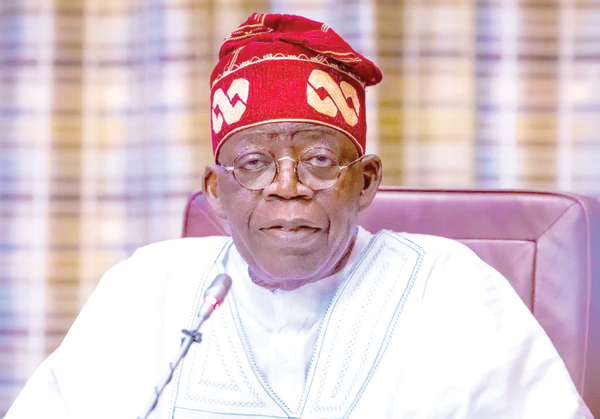The Federal Government announced plans to increase cocoa production to 500,000 metric tonnes by 2025, up from 340,000 tonnes in 2022.
This was revealed by Amb. Nura Rimi, Permanent Secretary of the Federal Ministry of Industry, Trade, and Investments, at the Pre-National Trade Dialogue Series meeting in Abuja on Tuesday, 17th July, 2024.
The event, themed “The State of Nigeria’s Global Trade Ecosystem: Bridging the Gaps for a Renewed Programme,” was covered by the News Agency of Nigeria (NAN).
Representing Rimi, the Ministry’s Director of Commodities and Export, Mr. Kaura Irmiya, emphasized the importance of cocoa to Nigeria’s economic development, noting that the country ranks as the world’s sixth-largest cocoa producer.
“Our cocoa exports saw a 50% revenue increase in 2022. We aim to boost production to 500,000 metric tonnes by 2025, with investment partnerships driving growth across various sectors,” Rimi stated.
He highlighted strategic partnerships with international organizations such as the International Cocoa Organization (ICCO) and the African Cocoa Fund as key contributors to this progress.
Rimi also reported significant improvements in Nigeria’s investment landscape, which attracted over $2 billion in Foreign Direct Investment (FDI) in 2023. This influx has benefited sectors like manufacturing, agriculture, and energy, bolstered by government initiatives to create a conducive business environment.
Initiatives mentioned include the establishment of free trade zones, simplified business registration processes, and incentives for investors. However, Rimi acknowledged ongoing challenges such as infrastructure deficits, regulatory bottlenecks, and corruption that must be addressed to fully realize Nigeria’s investment potential.
He also cited security concerns in certain regions as a deterrent to investment and economic growth, calling for continued efforts to attract investments, promote trade, and strengthen partnerships.
ALSO READ: ASCSN opposes NICN reinstatement of expelled president
“As we look to the future, we must build on our progress. Attracting investments, promoting trade, and strengthening partnerships are crucial. We must also address challenges and foster a more conducive business environment,” Rimi urged.
He stressed the need to promote innovation, entrepreneurship, and skills development, ensuring that partnerships are mutually beneficial and sustainable. Rimi concluded by emphasizing that Nigeria’s investment and collaboration partnerships could drive growth, create jobs, and improve living standards.
Amb. Fred Agah, Director-General of the Nigerian Office for Trade Negotiations, also spoke at the event, highlighting the government’s crucial role in boosting trade. Agah advised the government to create policies to mitigate risks for the private sector and ensure ease of doing business.
He called for stakeholder collaboration, noting that achieving set goals requires collective effort.
The event was attended by government officials, stakeholders, and investors in the sector.
NAN
